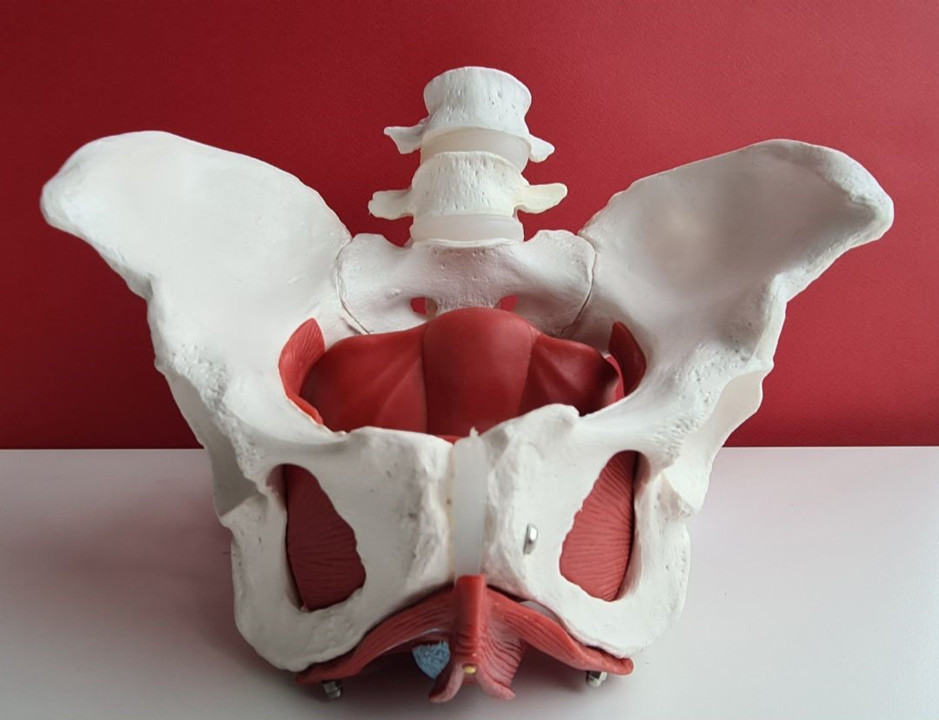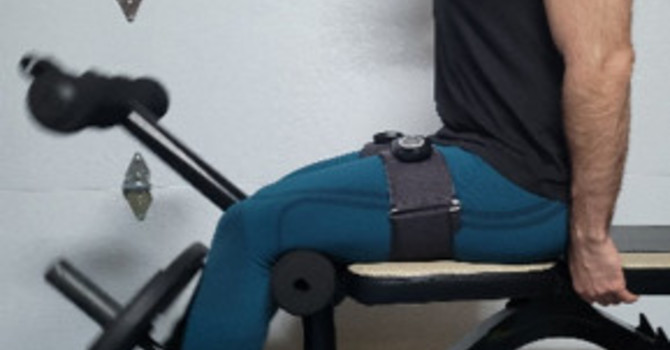
The pelvic floor doesn’t get the attention it deserves. Maybe it’s because you can’t see it, or maybe it’s because people feel awkward talking about it. But this group of muscles is critical to your overall health—impacting everything from bladder control to posture and even your core strength. Often, it’s not until a problem arises that we take notice.
For many women, childbirth is the moment the pelvic floor finally gets a spotlight. It’s no secret that pregnancy and delivery put immense pressure on these muscles, and some experience pelvic floor issues as a result. For example, a common postpartum complaint is bladder leaking with coughing and sneezing. Since the pelvic floor is a group of muscles—it can be strengthened, rehabilitated, and supported with the right care!
At Striowski and Associates Physiotherapy in North York, we have physiotherapists with specialized training to help you restore and maintain pelvic floor health. Call us at 416.490.0449 or email info@striowskiphysio.com to make an appointment. Whether you’ve had children or not, prioritizing your pelvic floor can transform your health in ways you might not expect.
What is the pelvic floor?
The pelvic floor is a group of muscles and connective tissues that form a bowl-like structure that fill base of the pelvis. It supports organs above it such as the bladder, uterus (in women), and rectum, and it plays a crucial role in controlling bladder and bowel movements, stabilizing your spine, and supporting your breathing. Similar to other muscles in the body, the pelvic floor needs to contract and relax properly for optimal performance. For example, the pelvic floor tightens when you laugh or cough to prevent leaks but relaxes when you urinate or have a bowel movement. Issues arise when this normal function is disrupted.
What happens when the pelvic floor isn’t functioning properly?
A pelvic floor that’s either weak or overly tight can lead to a wide range of issues:
• Weakness: This can cause urinary incontinence, pelvic organ prolapse, or poor core stability, leading to lower back or hip pain.
• Overactivity: If the pelvic floor is too tense, it can cause pelvic pain, difficulty emptying the bladder, constipation, or discomfort during intercourse.
These issues don’t just affect the pelvic region - they can disrupt your posture, balance, and even your ability to breathe deeply, as the pelvic floor works closely with your diaphragm and core muscles.
The benefits of a strong and balanced pelvic floor
A healthy pelvic floor offers more than just bladder control:
1. Core stability: It works with your deep abdominal and back muscles to support your spine, improving posture and reducing back pain.
2. Improved movement: A strong pelvic floor helps stabilize your body during physical activity, from running to yoga.
3. Better breathing: The pelvic floor and diaphragm work together, so a balanced pelvic floor improves breathing efficiency.
4. Enhanced wellbeing: Reducing symptoms like incontinence or discomfort can boost your confidence and quality of life.
Strengthen and lengthen
A common misconception is that the pelvic floor only needs to be strengthened. However, for these muscles to work properly, they also need to relax (or in other words, lengthen). Constant tension in the pelvic floor can lead to pain and dysfunction, much like clenching your jaw all day.
Physiotherapy focuses on both aspects—strengthening weak muscles and teaching overactive muscles to relax. Breathing techniques, gentle stretches, and exercises like squats and pelvic tilts can be just as valuable as targeted strengthening exercises.
How physiotherapy can help
At Striowski and Associates Physiotherapy, our physiotherapists are trained to assess and treat pelvic floor dysfunction. Your personalized treatment plan may include:
- Internal pelvic treatment via manual therapy or biofeedback, working at your pace and comfort.
- Guidance on exercises and stretches to strengthen and lengthen the pelvic floor.
- Advice on related areas, such as breathing techniques and posture correction, to optimize your pelvic health.
- Hips to knees 360 degrees focus: e.g. is your hip, low back or knee pain related to your pelvic floor? And how to manage it.
- Pregnancy and postpartum care, including labour and delivery prep.
- Male pelvic floor treatment and assessment.
Take control of your pelvic health
The pelvic floor is a cornerstone of your overall health, supporting your body in ways you may not realize. Whether you’re managing symptoms or simply aiming to improve your core strength, physiotherapy can make a real difference.
Call 416.490.0449 or email info@striowskiphysio.com to speak with one of our physiotherapists or book an appointment at our North York physiotherapy clinic located at Leslie and Sheppard, and take the first step towards a healthier, stronger pelvic floor!







